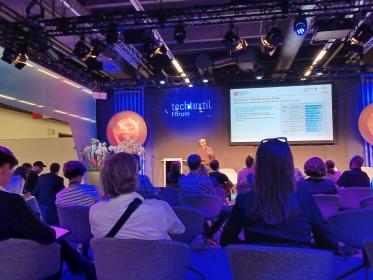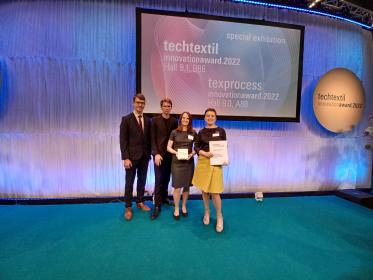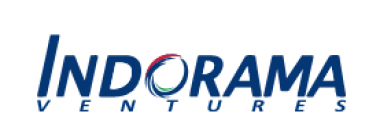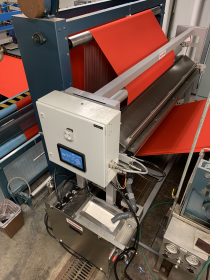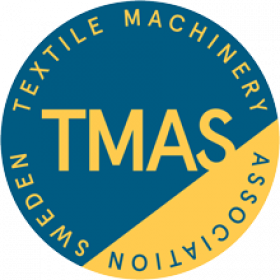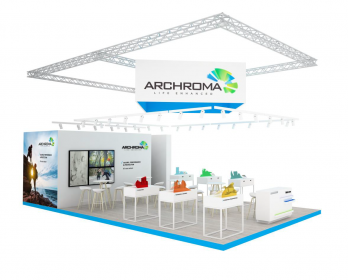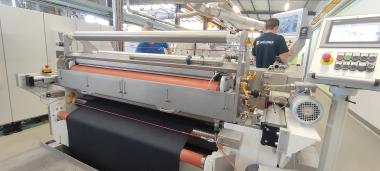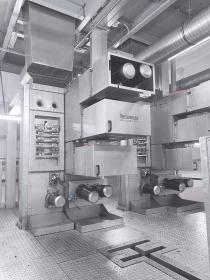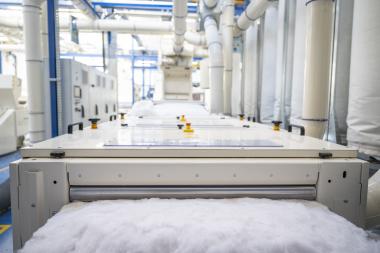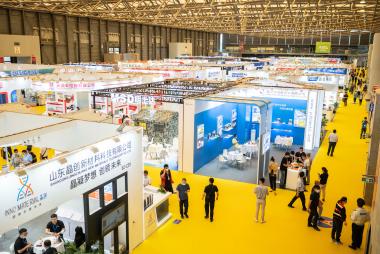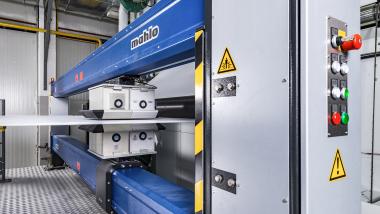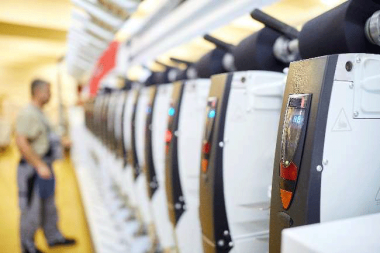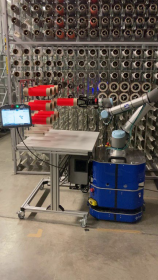Fachtagung von Textil vernetzt auf der Techtextil
Seit knapp fünf Jahren begleitet das Mittelstand 4.0-Kompetenzzentrum Textil vernetzt kleine und mittlere Unternehmen der Textil- und Modeindustrie, des Textilmaschinenbaus und angrenzender Branchen beim Ausbau ihrer digitalen Fitness.
Wie die textile Wertschöpfung mit Blockchain, KI und Robotik nachhaltiger, individueller und zuverlässiger werden kann, stand im Fokus der diesjährigen Fachtagung des Kompetenzzentrums anlässlich der Techtextil Messe in Frankfurt.
Dass Mensch und Maschine im Zusammenspiel wesentlich zur Effizienzsteigerung der Produktion beitragen, verdeutlichte Dirk Zschenderlein, Leiter Intelligente Produktionssysteme, Modellierung und Prozessmanagement am Sächsischen Textilforschungsinstitut in Chemnitz in seinem Vortrag. „Automatisierung und Robotik unterstützen die Menschen bei ihrer Arbeit und werden in Zukunft noch mehr und einfacher einsetzbar sein“, so Zschenderlein.
Nachhaltigkeit steht für das Kompetenzzentrum Textil vernetzt im Fokus auf dem Weg hin zu einer digitalen Wirtschaft und Gesellschaft. Wie Unternehmen die digitale Transformation gestalten, Chancen erkennen und Herausforderungen meistern, darüber diskutierten Holger Fischer von BEAS Technology und Peter Brunsberg von bagjack.
„Mut zur Veränderung ist eine Triebkraft für neue Geschäftsmodelle“, so Alexander Artschwager, verantwortlich für die Gesamtkonzeption der Digital Textile Microfactory am Schaufenster an den Deutschen Instituten für Textil- und Faserforschung, und erläuterte. wie durch Micro Factories neue Produktionsstrukturen für Nearshoring abgebildet werden können.
Textil vernetzt Techtextil KI Robotik Blockchain Technologie Blockchain-Technologie
Mittelstand 4.0-Kompetenzzentrum Textil vernetzt


